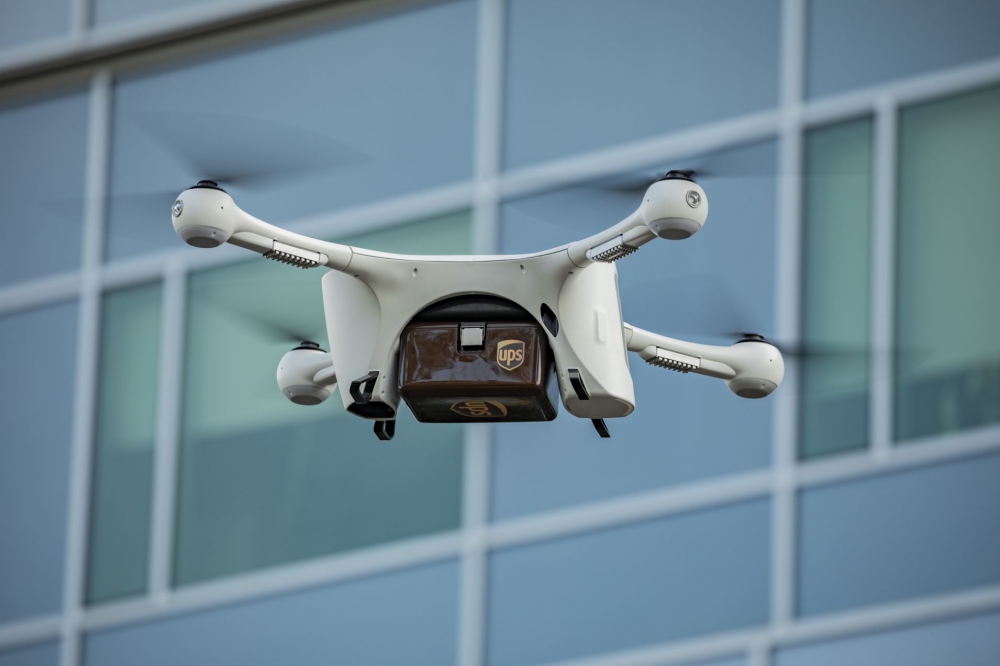has announced a new drone logistics project with Kaiser Permanente, a leading U.S. healthcare provider and nonprofit health plan. The pilot will explore ways UPS Flight Forward could help transport healthcare supplies between buildings at Kaiser Permanente medical campuses in its 39-hospital network.
The project will determine the extent to which drone transportation on Kaiser Permanente hospital campuses will provide opportunities to avoid roadway delays, increase medical distribution efficiency, lower costs and improve the patient experience.
“We are thrilled to have Kaiser Permanente realize the benefits of this drone delivery network,” said David Abney, UPS chairman and chief executive officer. “When you look at all the lives touched by this organization, having the ability to create more efficient, timely transport of supplies can make a huge difference when speed of delivery is a critical factor.”
Kaiser Permanente has approximately 12.2 million plan members across eight states and the District of Columbia. The organization continually deploys technology to connect care teams, including primary care doctors, specialists, nurses, lab and radiology technicians, pharmacists, and therapists — enabling collaboration and coordinated care for faster diagnosis, treatment, and recovery.
“We move millions of supplies and equipment in and around our 75 million square feet of medical space and to the homes of our 12.4 million members,” said Kaiser Permanente Chairman and CEO Bernard J. Tyson. “This drone project will allow us to think into the future about additional possibilities of perfecting logistics and meeting the ever-growing demands on our enterprise.”
In March, UPS and Matternet announced the first FAA-sanctioned use of a drone for routine flights under a contractual delivery agreement. The program is expanding to University of Utah Health in Q4 2019. UPS was granted permission in September by the FAA to operate commercial drone flights through its new business unit, UPS Flight Forward, Inc. This allows commercial revenue-generating drone flights, and is an important distinction as UPS and Matternet continue to build out drone operations on more hospital campuses.
Enhancing the UPS Global Smart Logistics Network to support hospitals and other healthcare organizations remains a key element of the company’s transformation strategy. Healthcare and life science logistics is a priority segment for UPS, and the company continues to build new relationships and technologies to deliver better patient care with streamlined logistics and advanced supply chain.
Source: Press Release

